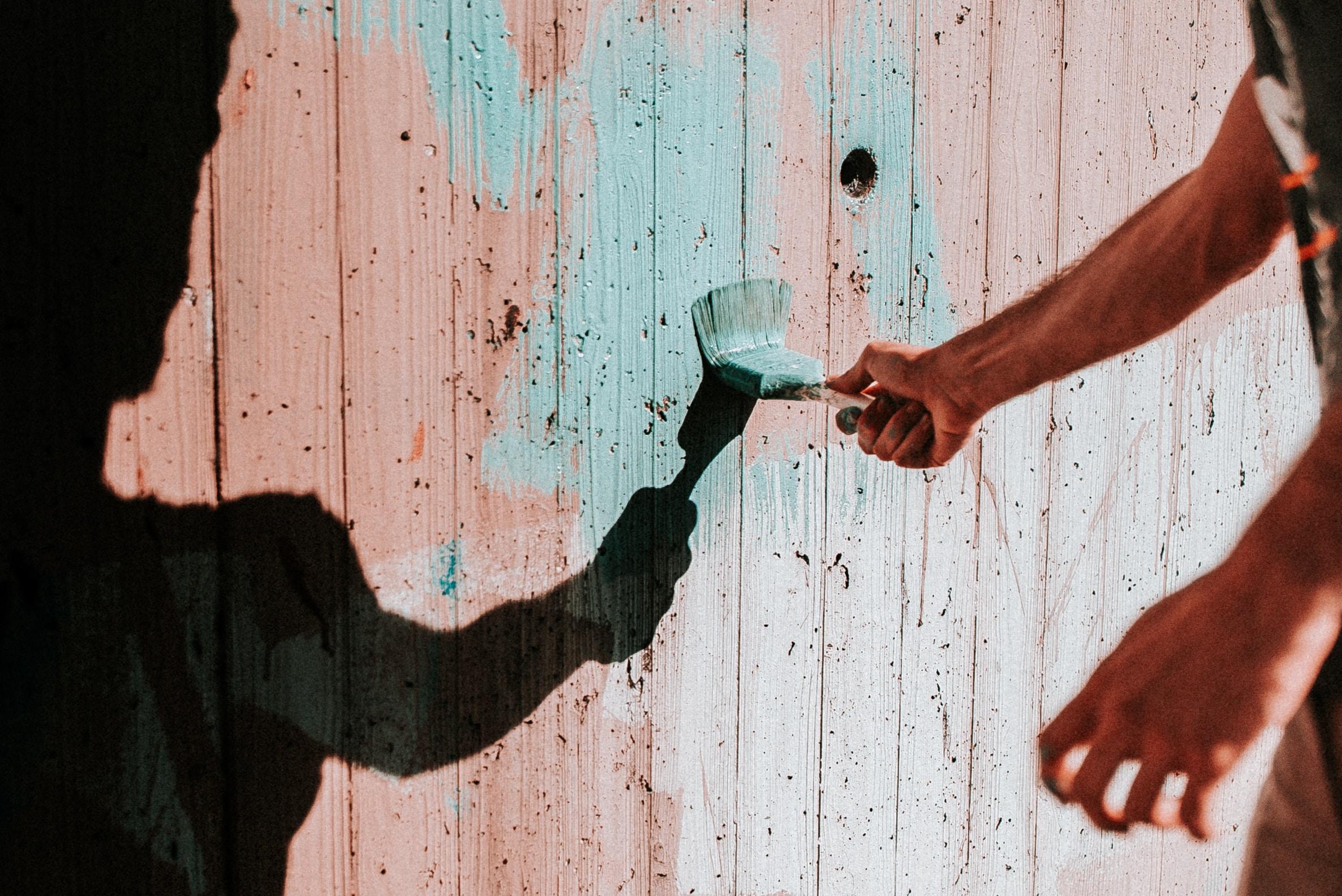Over the past several years, with help from the New Jersey Clean Communities Council, thousands of people, mostly teens and their families, have come together to Slam Dunk the Junk and put trash where it belongs— in receptacles or recycling bins— and not on the ground.
The New Jersey Clean Communities Council was created in 1986 with the passage of the Clean Communities Act. The act provides grant money to support a mandate that towns and counties organize at least one volunteer cleanup each grant year and implement programs of enforcement and education to change the attitudes that cause littering. It’s the only nonprofit funded by the state to reduce litter through education.
In 2009, 556 towns and 21 counties received approximately $15 million through the act to help keep New Jersey clean. According to Patrick Ryan, president of the Clean Communities Council, the grant money is just the beginning, because nothing can be accomplished unless the community is behind the effort. “New Jersey Clean Communities is about people— the people who put trash on the ground and the people who pick it up,” says Ryan. “We address the litter problem by asking for help from volunteers. And when a local cleanup is organized, they often show up in droves, cleaning roadways, parks, beaches and other public lands.” Ryan believes that community service, community pride and a cleanliness ethic are values that have sustained the program for more than 20 years.
The Slam Dunk the Junk campaign originated in 2007 when a 9-year-old volunteer coined the phrase during an anti-litter event in East Orange, New Jersey. That volunteer, Quamir Payton, was named the first NJ State Environmental Ambassador in 2009— the same year the Clean Communities Council launched a Slam Dunk the Junk campaign statewide.
The State Environmental Ambassador for the 2010-2011 year is Miranda Pawline, a 14-year-old girl from Delanco Township in Burlington County. Pawline earned the title by collecting more than 100,000 plastic bags that were destined to litter the banks of the Delaware River, later using them to make a full-length evening gown that she wears to promote recycling.
The Clean Communities Program is especially popular among teachers who work closely with public officials and local coordinators to organize environmental projects. Projects range from volunteer cleanups and recycling drives to beautification and art projects.
The following are other great examples of what teenagers at local schools are doing to protect the planet and curb litter in their communities.
- The Williamstown Middle School in Monroe Township promoted recycling by using photographs from National Geographic magazine to decoupage public recycling containers. The school also collected empty copy paper boxes, using them to create recycling bins, and installed five rain gardens to trap runoff and filter contaminants from the roof and parking lot of a local school.
- The Environmental Science Club of Passaic High School in Passaic City is comprised of 150 teens who raise awareness among students to recycle cans, bottles and paper in the school and reduce contamination by initiating cleanups of the local park. The teens also plant trees and set up bird houses to attract neighboring bird species.
- The Frank R. Conwell School #4 in Jersey City administers a Green Team comprised of students who protect school property and encourage recycling in the cafeteria. A Gardening Club at the school works to beautify the campus, maintain a rooftop garden and run a program called Artists for the Environment.
- The Brigantine Elementary Student Council in Brigantine participates in beach, playground and school campus cleanups. Students there researched local plant and animal life, documented the results on posters and placed the posters along the path to the beach, creating a nature walk to remind tourists not to litter.
- Students in the High School Conservation Club at Clifton High School, along with the environmental sciences and special needs classes, have designated certain days when members patrol the school and stop anyone littering or using the wrong receptacles. The patrol explains the proper procedures for recycling while a video airs that reminds students to Slam Dunk the Junk.
Students like these are honored each year at an annual ceremony held at various locations throughout the state. Last year, more than 200 kids and teens were celebrated. The 8th Annual Kids-Teens Awards Program takes place in Morristown on May 25.
Still, there is a lot of work to be done. Teens, families and communities should find out more about how to Slam Dunk the Junk.
For further information, visit njclean.org.


